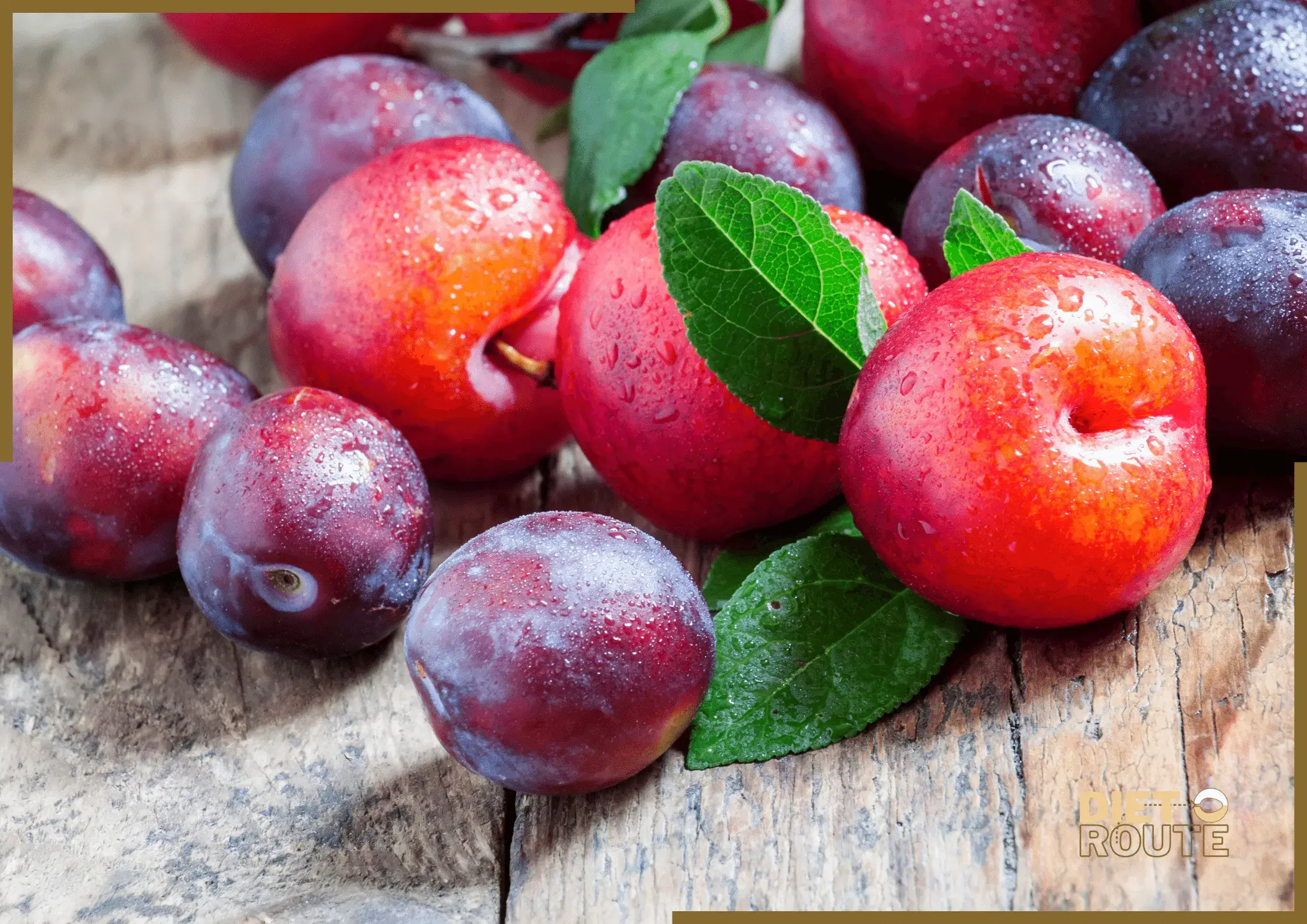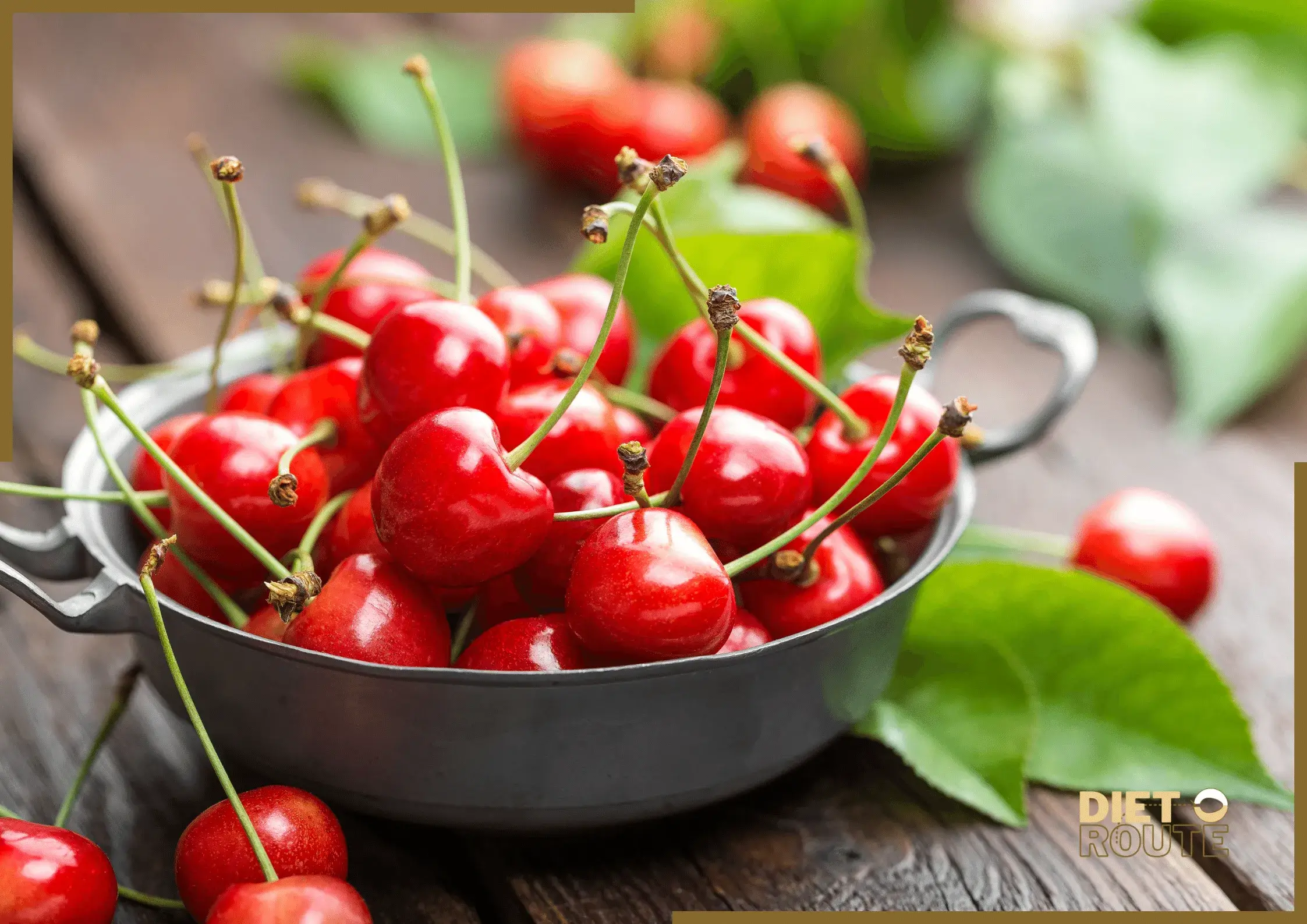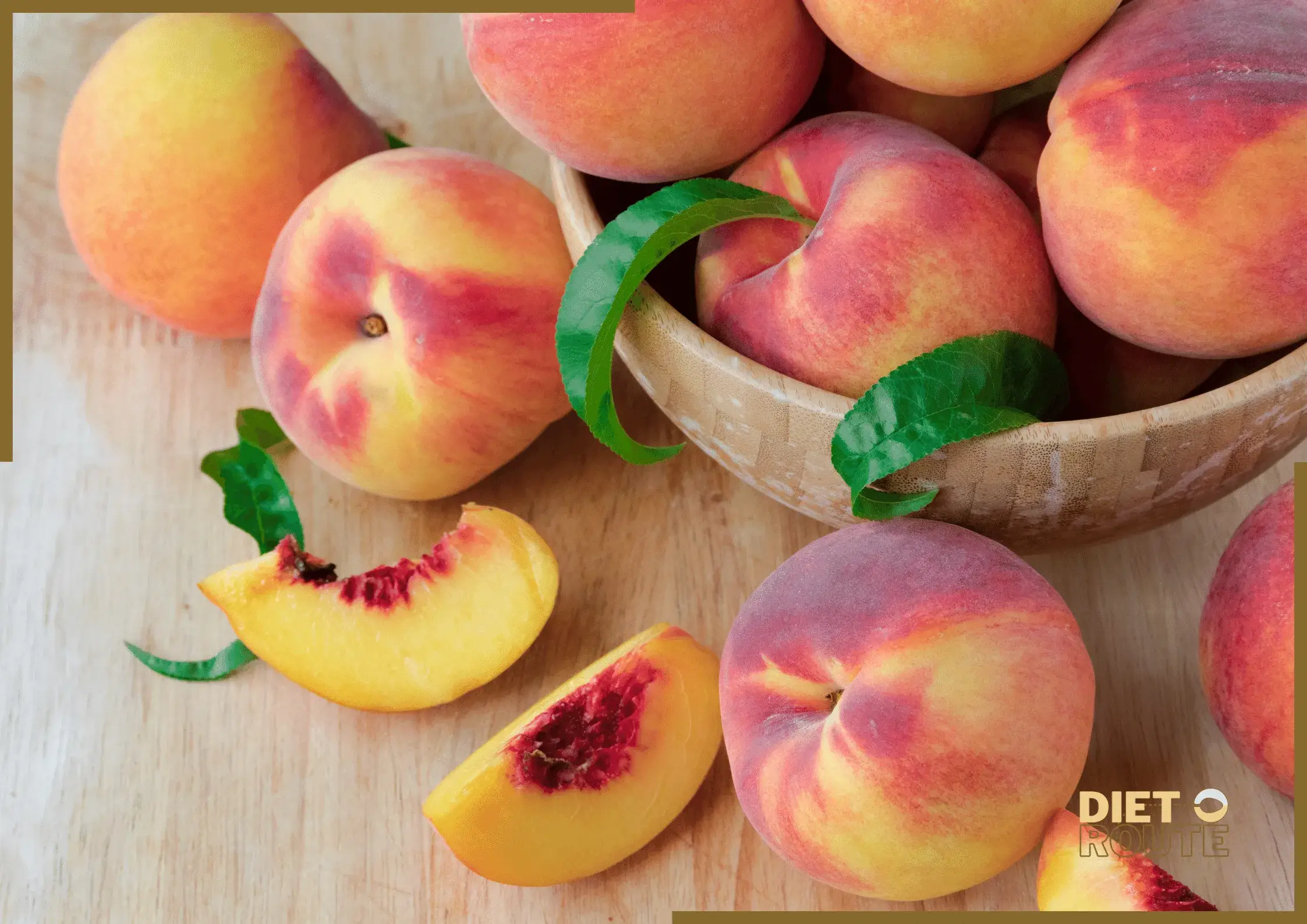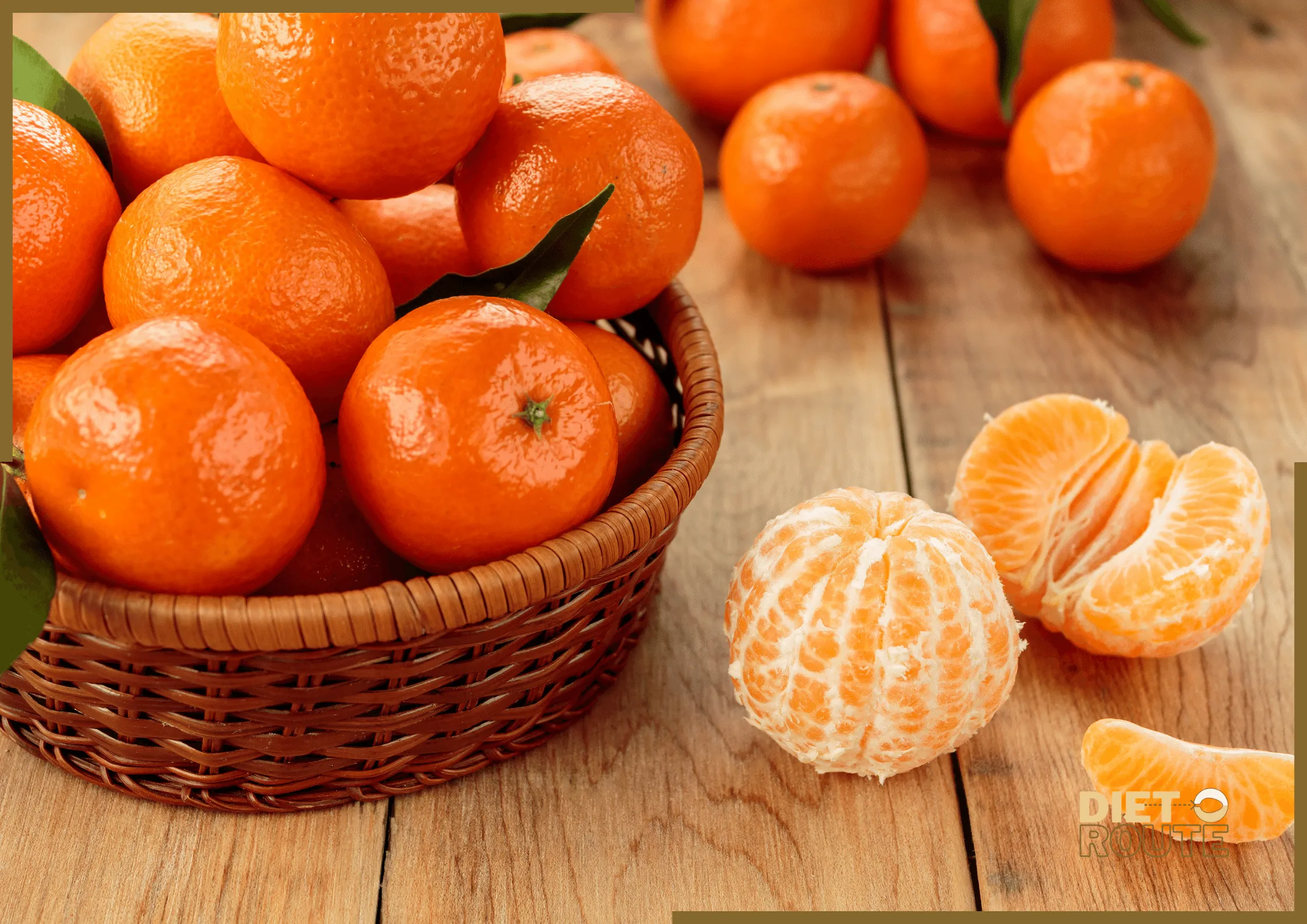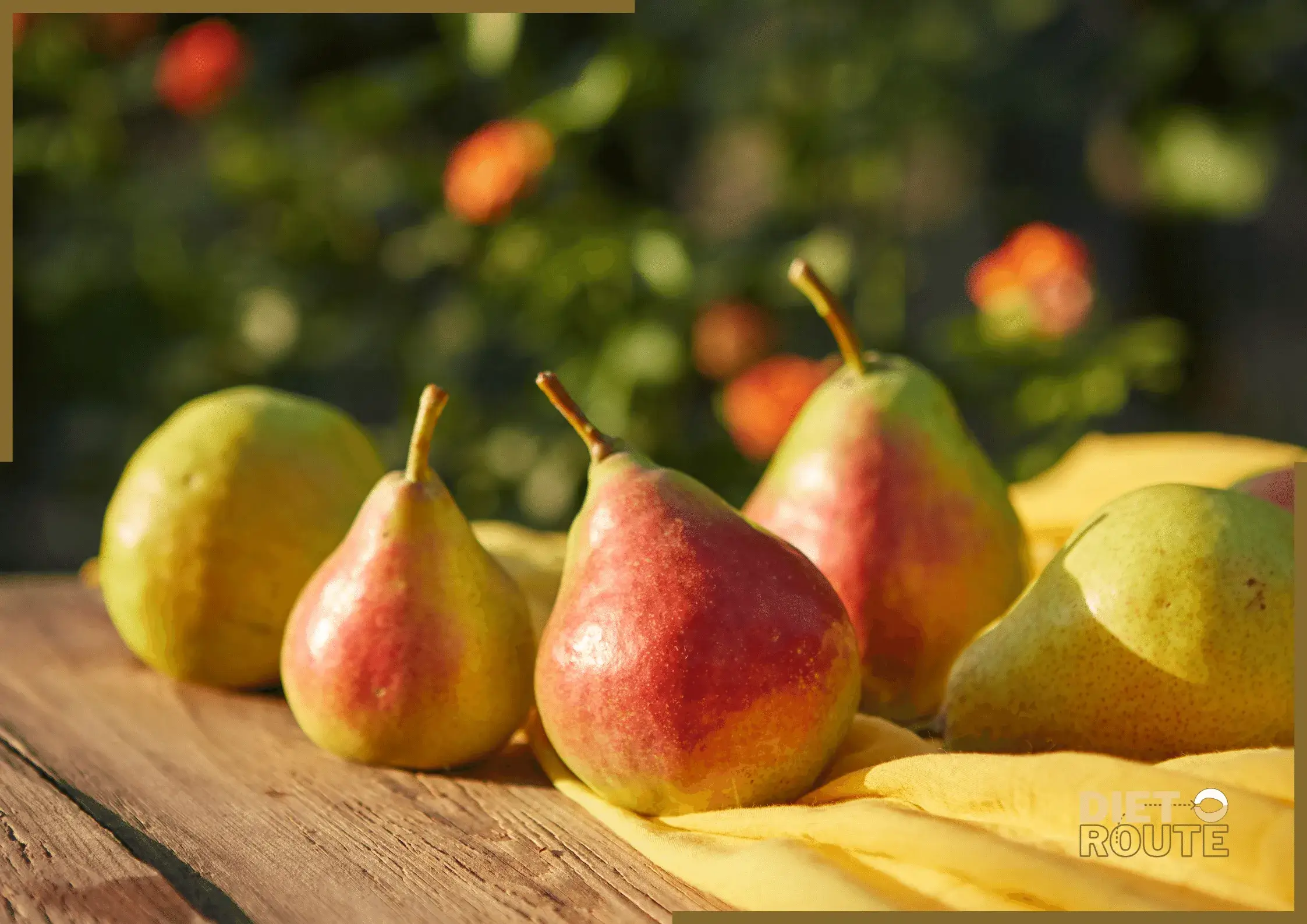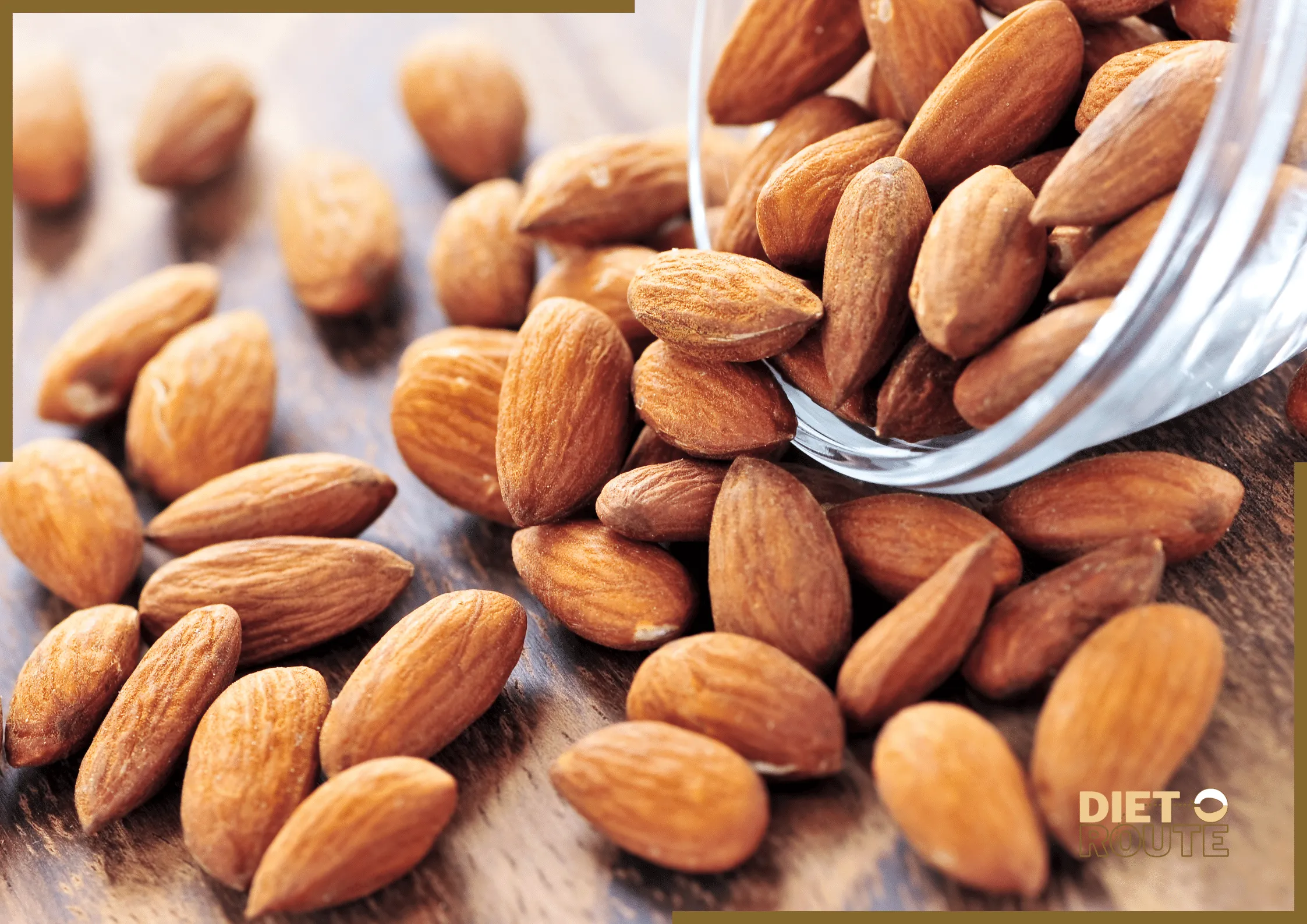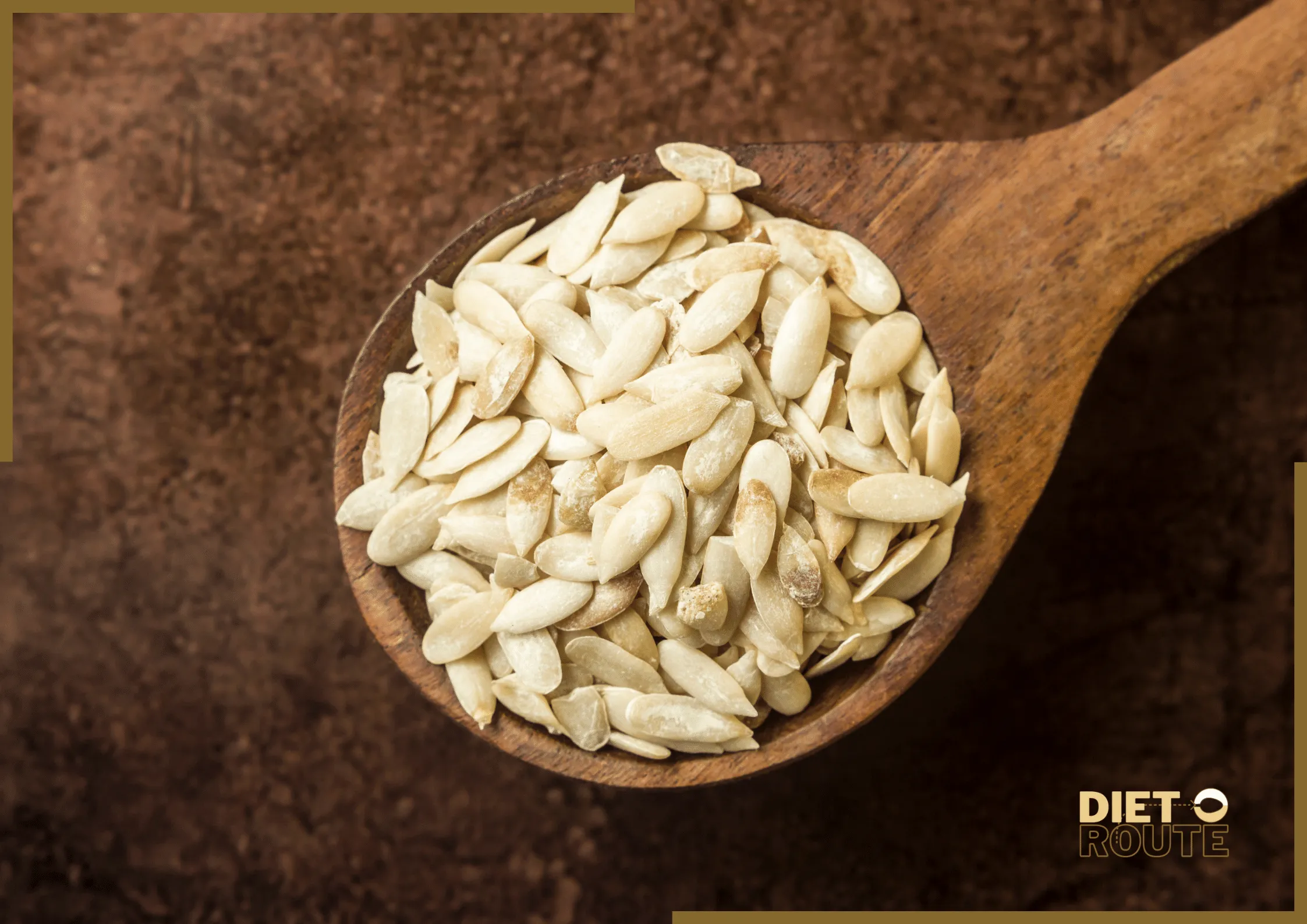Introduction
Plums are a nutritious and flavorful fruit that provides various health advantages. This article presents the tabulated nutritional value, including the daily value percentage (% DV). In this article, we will discuss the advantages and disadvantages. We will also provide answers to ten commonly asked questions (FAQs). Explore the nutritional benefits and learn why they make a great addition to a nutritious diet.
Table of Contents
Nutritional Value Approximately 100g
The values provided are approximate can vary depending on the size and ripeness.
| Nutrient | Amount Per 100g | % Daily Value* |
| Calories | 46 kcal | 2.3% |
| Carbohydrates | 11.4 g | 3.8% |
| Fiber | 1.4 g | 5.6% |
| Sugars | 9.9 g | – |
| Protein | 0.7 g | 1.4% |
| Fat | 0.2 g | 0.3% |
| Vitamin C | 9.5 mg | 15.8% |
| Vitamin K | 6.4 µg | 8% |
| Potassium | 157 mg | 3.3% |
| Antioxidants | – | – |
*Percent Daily Values (% DV) are based on a 2,000-calorie diet.
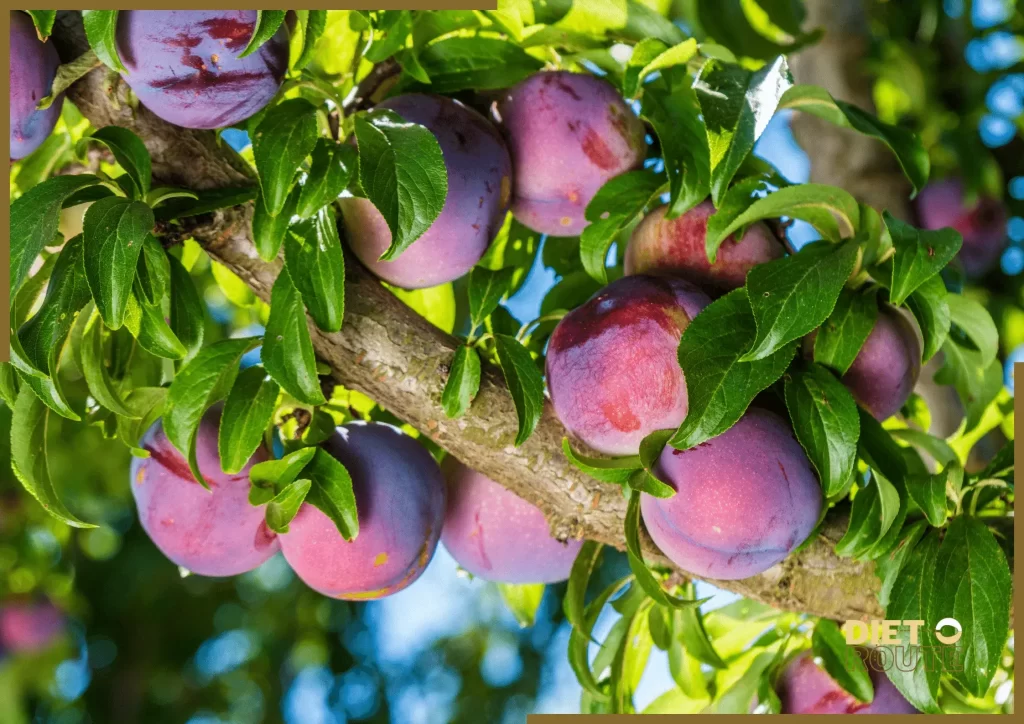
Pros
1. Plums are a great source of antioxidants, which can aid in protecting the body from oxidative stress and lowering the likelihood of chronic illnesses.
2. They are a fiber-rich fruit that can help with healthy digestion and weight management by providing a good source of dietary fibre.
3. Hydration is one of the benefits, as they are rich in water content. This can help improve overall well-being.
4. They are a great source of vitamin K, which is essential for maintaining bone health and reducing the risk of osteoporosis.
5. They are a great source of essential nutrients such as vitamin C, potassium, and antioxidants that promote overall health and well-being.
Cons
1. It’s possible for some people to have allergies to plums. In case of any negative side effects like itching, swelling, or breathing difficulties, it is recommended to seek immediate medical attention.
2. They have natural sugars, so people who have diabetes or are cautious about their sugar consumption should eat them in moderation.
Frequently Asked Questions (FAQs)
1.Can plums help with weight loss?
They are a great option for weight management as they are high in fibre and low in calories. These foods can help you feel full and control your hunger.
2. Are plums beneficial for digestive health?
They are a great source of fibre that can help promote healthy digestion, prevent constipation, and support regular bowel movements.
3. Is it possible to incorporate plums into a low-carb diet?
They are a suitable fruit option for a low-carb diet, as they contain some carbohydrates but can still be consumed in moderation as part of a balanced diet.
4. Are there any skin health benefits of consuming plums?
They are a great source of antioxidants and vitamin C that can help promote collagen production and protect your skin from free radical damage, leading to healthier skin.
5. Can plums exacerbate acid reflux or heartburn symptoms?
They are a great fruit option, but those who suffer from acid reflux or heartburn may experience some discomfort. For optimal health, it is recommended to consume plums in moderation while paying attention to your body’s signals.
6. Are plums safe for people with kidney issues to consume?
They are a safe fruit choice for people with kidney issues. Individuals following a limited diet should seek advice from their healthcare professional.
7. Are plums good for pregnancy?
They are a nutritious food choice during pregnancy as they contain fibre, vitamin C, and potassium. For personalised advice, it is recommended to consult with a healthcare professional.
8. Can plums enhance cognitive function?
They are a great source of antioxidants that can aid in safeguarding brain cells from harm and promoting optimal brain function. Further research is required to establish a direct correlation.
9. Are plums gluten-free?
They are an excellent addition to a gluten-free diet as they are naturally free of gluten.
10. Can plums lower the risk of chronic diseases?
They are rich in antioxidants and nutrients that are linked to a reduced risk of chronic illnesses, including heart disease and specific types of cancer.
In a Nut Shell
Plums are a nutritious and delicious fruit that can be a valuable addition to a balanced diet. They are a great source of antioxidants, fibre, and essential nutrients that provide various health benefits. However, it is recommended that individuals with allergies or diabetes should consume in moderation. Incorporate into your diet as a healthy snack, add them to salads, or use them in various recipes to enjoy their delicious taste and nutritional benefits.
